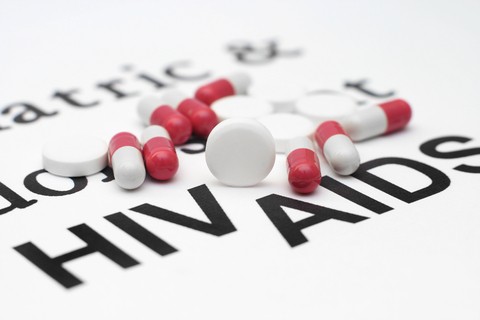So who is that, exactly? The Food and Drug Administration (FDA) and Centers for Disease Control (CDC) have approved or endorsed the use of PrEP drugs in the treatment of HIV. It's now also approved as a preventative method, and is officially recommended for the following:
- Uninfected people in a monogamous relationship with a partner who is HIV positive
- Uninfected people whose partner routinely engages in unprotected sex with others, particularly if those others are considered high risk
- Uninfected people who use recreational needle drugs, or who regularly have unprotected sex with those who do
But what's really shocking is that the approval of various PrEP drugs by the FDA and endorsement by the CDC has not helped these drugs become more affordable. Unfortunately, one person taking the recommended dosage of Truvada can expect an out-of-pocket cost of $13,000 per year. And, like many medications, it has virtually no effectiveness if it isn't taken as directed. Recently, however, there's been a push to include Truvada as part of the National Health Service in the UK. In the U.S., insurers generally don't cover preventative PrEP drugs. And I was shocked to learn that AIDS Healthcare Foundation president Michael Weinstein called Truvada a "party drug" that would surely lead to an increase in "bareback" sex.
He should check his statistics, because so far, studies have not indicated an increase in risky behaviors by those taking the drug. As for the thinking that Truvada use may encourage people to be less diligent about condom use and may lead to risky sexual behaviors, well, I hate to be the bearer of bad tidings, but drug use and risky sexual behaviors have been going on for as long as people have been on the planet. (Get some safer sex tips in Be a Safer Sex Superhero in 6 Steps.)
If what we've heard is true, and PrEP drugs really do drop the risk of contracting an HIV infection by 90 percent, funding it seems like a no-brainer. Even the outrageous cost of $13,000 annually has got to be more cost-effective than properly treating HIV and AIDS. Do medical insurance companies really not know that an ounce of prevention is worth a pound of cure?




